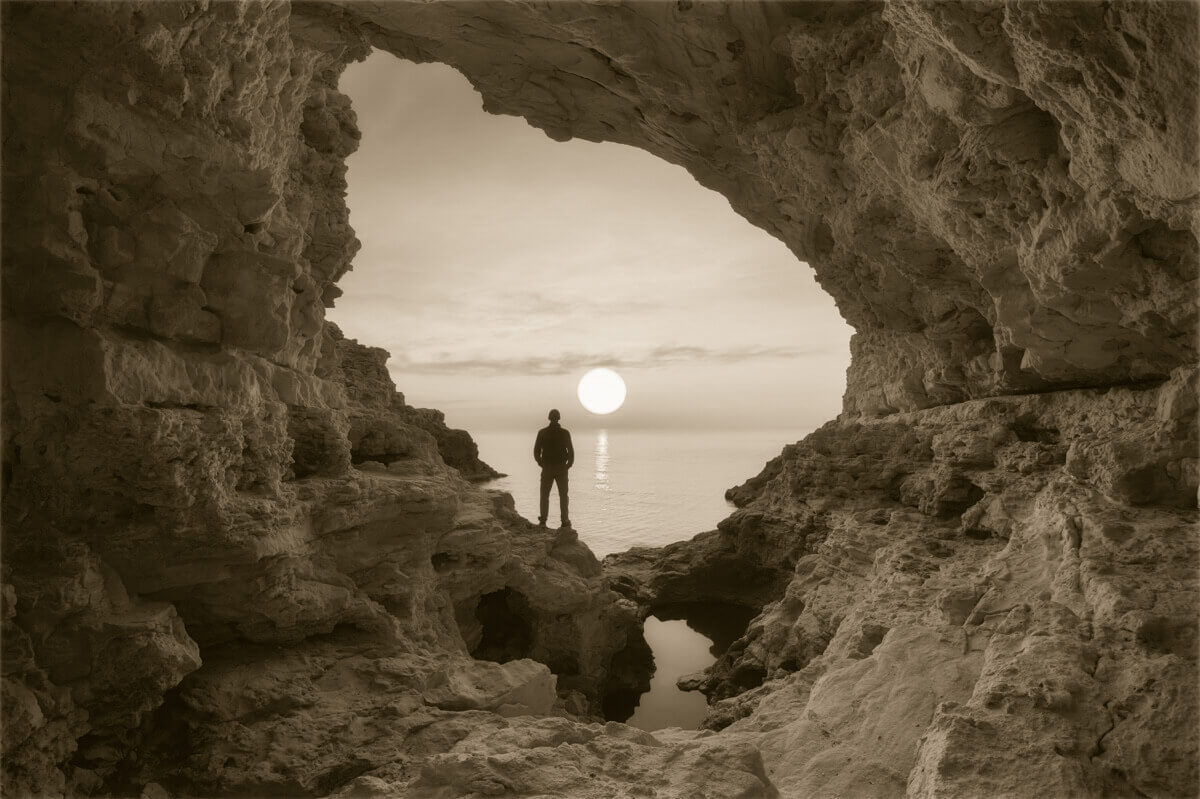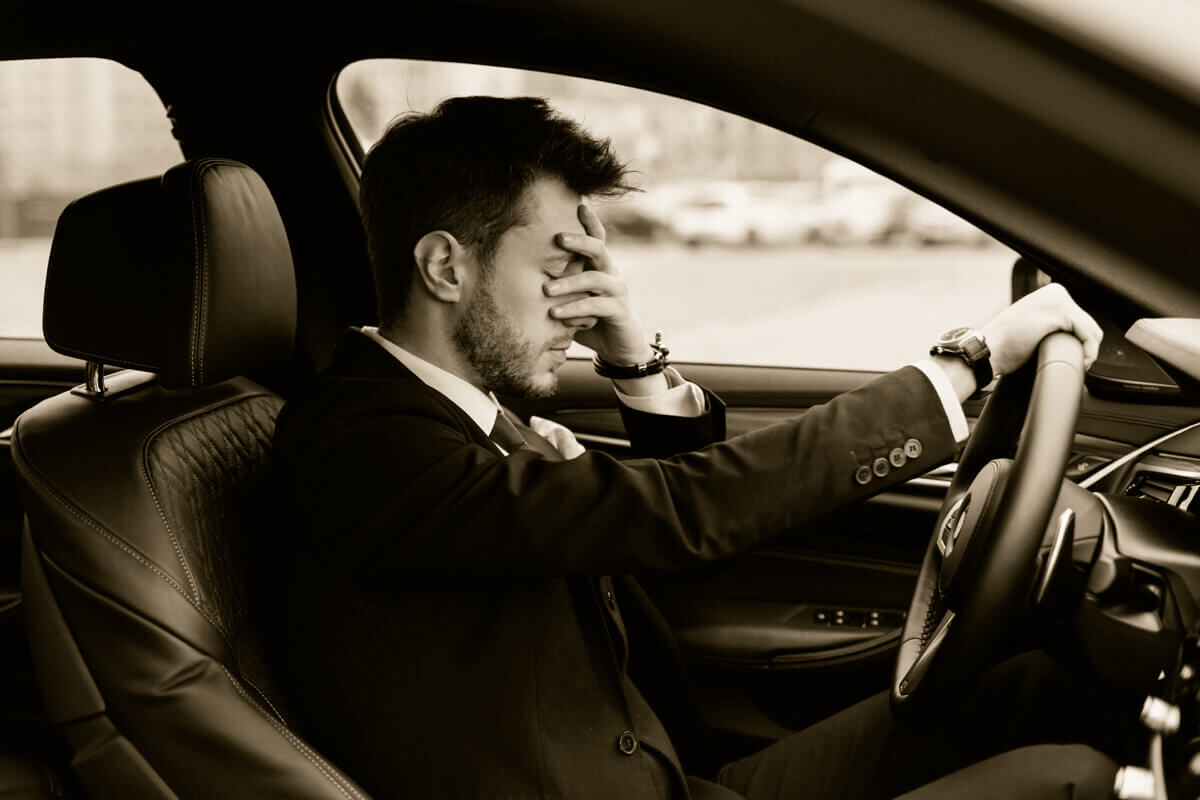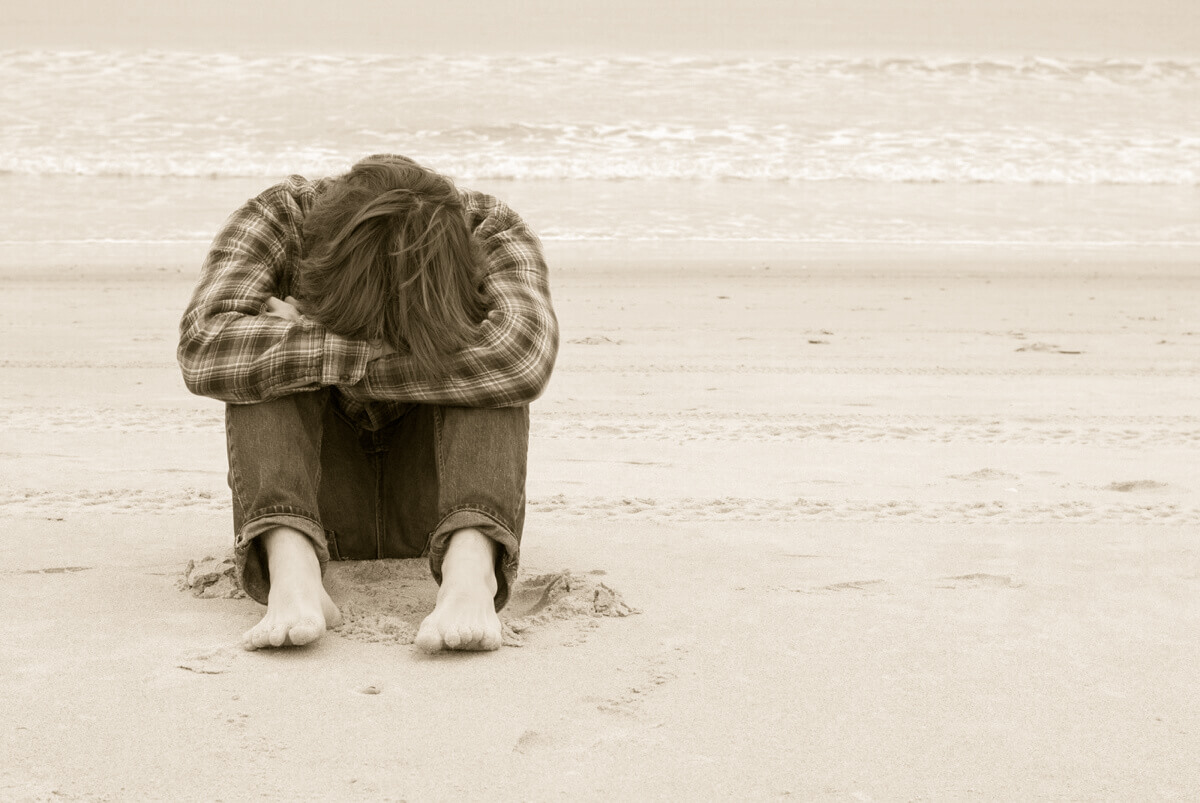
What is Alcoholism?
It can start with just one drink… A friend offers you a free one at a party, you are the only one at the restaurant not drinking, you have seen other people drink and it looks like “fun,” or a family member offered it to you when you were young and set you off a downward spiral into addiction.
Whatever the case, somehow, somewhere, “just one drink” can turn into where you cannot get through a day or a week without needing a drink to soothe you, to cope, or to take away the present pain.
The good news is, if you recognize the early signs of addiction, it can be easier to recover from it before it becomes a long-term habit that can have damaging side effects on your health and relationships.
What are the signs? Ask yourself these questions:
- Are you able to control your alcohol consumption? As in, you tell yourself you are only going to drink one and you only drink one?
- Do you crave your next drink even if you are not presently drinking?
- Do you put your need for your next drink over personal responsibilities such as family, friends, or work?
- Do you feel the need to drink more?
- Do you spend a good sum of money on alcohol?
- Does drinking affect your behavior?
If your answer is yes to any of these questions, it may be time to seek help. Chat now with someone you can trust if you want to talk about it.
Why Alcohol?
The reason that drives you to drink can be important in recovery. Once you know why you turn to alcohol, you can take steps to quit.
Common reasons include:
Trauma
Traumatic events can stay with a person for a long time and continue to cause sorrow and loss, especially if they did not have an empathetic witness. Healing from past trauma in your life may be what you need to focus on to break away from alcoholism with a trained professional.
Stress
Alcohol is a depressant and sedative which can temporarily release feelings of pleasure in the brain. Also, if you are a naturally anxious person in general, it can soothe your nerves temporarily so you can relax in social situations. But it’s only a quick fix. If you are depending on alcohol to get through every-day life and tasks, you may want to see what in your life is causing you the most stress and how you can take that stressful trigger away. It might mean separating yourself from a toxic friend or family member or finding a new job. Instead of reaching for the bottle when you are stressed, it might be time to learn new, healthy habits that also release pleasure feelings in the brain like exercise, yoga, engaging with a pet, etc.
Escape
Maybe, you just want to feel good and escape the pressures of harsh reality. Maybe alcohol offers relief. What do you need relief from?
Cope with Loss
Losing a loved one can be devastating. Grief is a part of life, and if you need help accepting the death of someone close to you, it’s important to talk to a person who will listen and care. Alcohol does not care about you, but people do.
Shame
This emotion is difficult to overcome, and alcohol can lead to deeper feelings of shame. While inebriated, one can engage in reckless or foolish activities which someone can regret later down the road. Instead of learning how to deal with your feelings of shame, alcohol will only continue them.
Alcohol’s Damaging Effects
There are both short-term and long-term effects of alcohol use, both dangerous for a person’s health and safety.
The short-term effects include diminished reaction time, slow reflexes, restlessness, blurry vision, laborious breathing, and fewer reservations. This is why it can be FATAL for you and others on the road to drive after drinking.
The reason why alcohol use can be detrimental to paying for life or health insurance is that a person is more likely to have: brain defects, neurological diseases, cancer, liver disease, diabetes, and heart problems.
Alcohol is not worth it.
Committing to Treatment.
You are not alone. There is help out there. If you have a severe alcohol addiction, it is best to quit drinking alcohol with the help of a medical professional or facility as substance withdrawal can have serious side effects. Talk with your doctor or someone you trust to decide what treatment is best for you.
Even after you have completed rehab, it takes dedication and commitment to be sober. Joining a support group or seeing a counselor or therapist continually can all be helpful in this part of your journey.
Have hope, you are not alone. And if you seek out God, he will help you overcome.
“For if a man belongs to Christ, he is a new creation. The old life is gone. New life has begun.” 2 Corinthians 5:17








